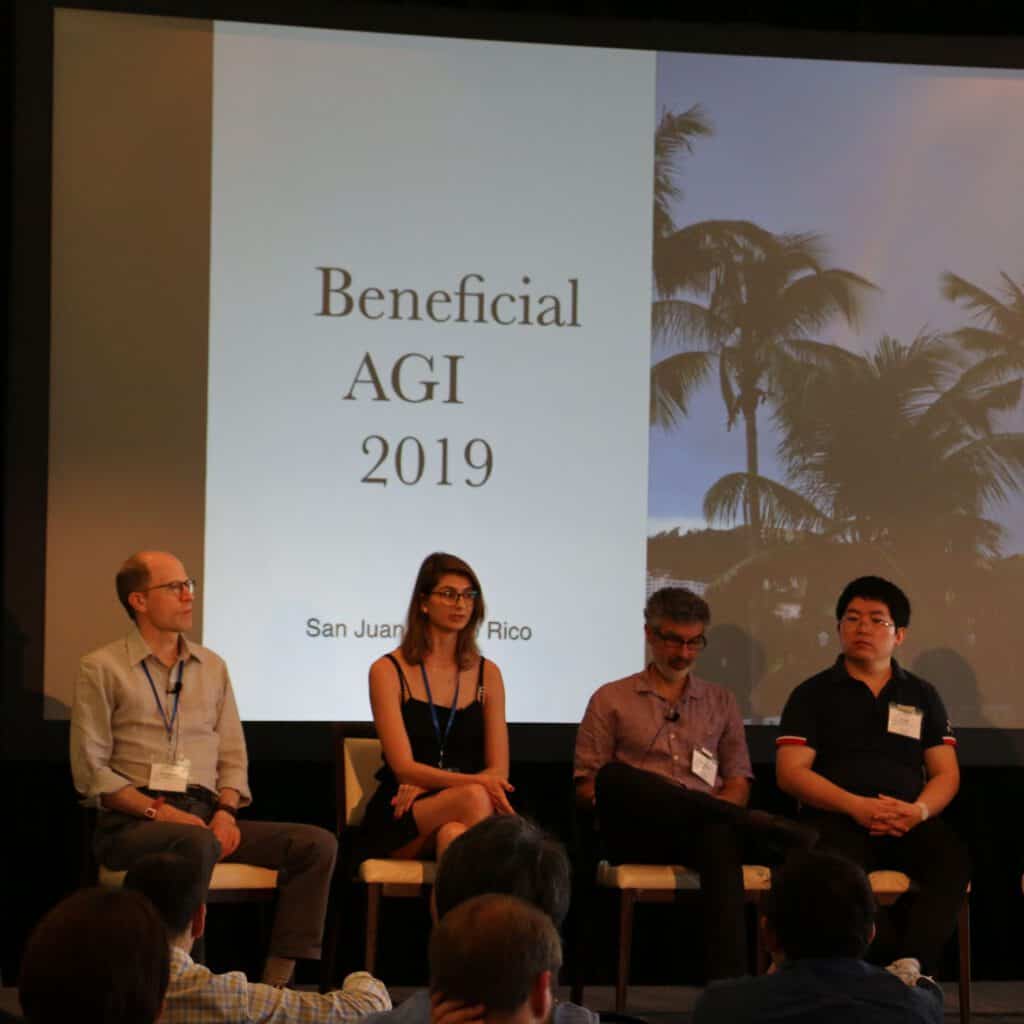NIPS Symposium 2015

Contents
FLI is excited to be a co-sponsor for the upcoming NIPS Symposium on the Societal Impacts of Machine Learning:
Algorithms Among Us
The Societal Impacts of Machine Learning
Public interest in Machine Learning is mounting as the societal impacts of technologies derived from our community become evident. This symposium aims to turn the attention of Machine Learning researchers to the present and future consequences of our work, particularly in the areas of privacy, military robotics, employment, and liability. These topics now deserve concerted attention to ensure the best interests of those both within and without Machine Learning: the community must engage with public discourse so as not to become the victim of it (as other fields have e.g. genetic engineering). The symposium will bring leaders within academic and industrial Machine Learning together with experts outside the field in order to debate the impacts of our algorithms and the possible responses we might adopt. A particular focus will be paid to technical areas of Machine Learning research that might serve to tackle some of the highlighted issues. A call for contributed content will be circulated (including the FLI grant awardees) to furnish a poster session.
Participants

Nick Bostrom, Professor, Faculty of Philosophy & Oxford Martin School, Director, Future of Humanity Institute. Bostrom is renown for his work on existential risk, the anthropic principle, human enhancement ethics, the reversal test, superintelligence risks, and consequentialism. He is the author of over 200 publications, and has recently published his new New York Times bestseller “Superintelligence: Paths, Dangers, Strategies.”

Erik Brynjolfsson is a Professor at the MIT Sloan School of Management, a Reasearch Associate at NBER, and a Director of the MIT Initiative on the Digital Economy. His current research is examining the effects of information technologies on business strategy, internet commerce, productivity and performance, pricing models, and intangible assets. Brynjolfsson has authored books, dozens of papers, and has even been able to be among the first researchers to measure and quantify productivity contributions of IT and the value of online product variety.
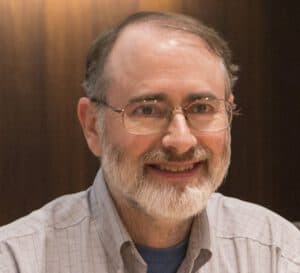
Tom Dietterich, Distinguished Professor and Director of Intelligent Systems, School of Electrical Engineering and Computer Science, Oregon State University. Dietterich is currently engaged in a wide range of research projects which work on Ecosystem Informatics and Computational Sustainability, Approximate Optimization for Bio-Economic Models, and Machine Learning for Species Distribution, to name a few.

Ian Kerr is a recognized international expert in emerging technology and law issues. He is currently holding a Canada Research Chair in Ethics, Law, and Technology at the University of Ottawa where he is also teaching a course on the ethical and legal implications of robots in society.

Neil Lawrence is a Professor of Machine Learning at the University of Sheffield where he is working to develop the Open Data Science Initiative. His other research interests include probabilistic models with applications in computational biology and personalized helath.

Yann LeCun, Director of AI Research at Facebook & Silver Professor at the Courant Institute, New York University. LeCun is also affiliated with the NYU Center for Data Science and the Center for Neural Science. His current work involves AI, machine learning, computer perception, mobile robotics, and computational neuroscience. Among many other things, he has published over 180 technical papers and book chapters on topics such as handwriting recognition, image processing and compression, and dedicated circuits and architectures in computer perception.
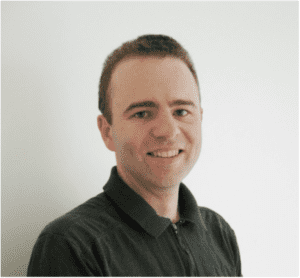
Shane Legg, co-founder, Google DeepMind. Legg was awarded the Canadian Singularity Institute for Artificial Intelligence Prize, and he has spent time at the Swiss Finance Institute working on models of cognitive bias in investor behavior. Legg now constructs powerful learning algorithms at Google DeepMind.
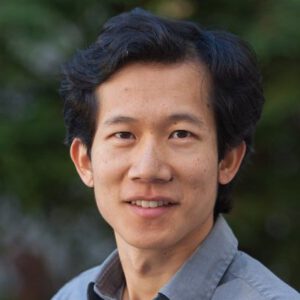
Percy Liang, Assistant Professor of Computer Science and Statistics at Stanford University. The primary focus of Liang’s research is to create software that will allow humans to communicate with computers and to develop algorithms that can infer latent structures from raw data. He is a strong proponent of efficient and reproducible research and is currently working to develop CodaLab, a new platform that will allow researches to maintain full provenance of an experiment.

Andrew Ng, Associate Professor at Stanford; Chief Scientist of Baidu; and Chairman and Co-Founder of Coursera. He led the development of Stanford’s main MOOC (Massive Open Online Courses) platform and also taught an online Machine Learning class that was offered to over 100,000 students. He founded and led the Google Brain project and is focused on deep machine learning.
Organizers

Michael Osborne (DPhil Oxon) is an Associate Professor in Machine Learning and co-director of the Oxford Martin programme on Technology and Employment at the University of Oxford. Dr Osborne has organised three previous NIPS workshops: ‘Bayesian Optimization in Theory and Practice’ (2013), ‘Probabilistic Numerics’ (2012) and ‘Bayesian Optimization, Experimental Design and Bandits: Theory and Applications’ (2011, and was also an Area Chair for NIPS 2014. Coupled to Dr Osborne’s work on foundational Machine Learning topics is an interest in inter-disciplinary collaboration to study the impact of computerization upon labour markets. This latter work has enjoyed broad and sustained media coverage (featured in BBC Newsnight, CNN, The Economist, Financial Times, Wall Street Journal, New York Times, Washington Post, Der Spiegel, Scientific American, TIME Magazine).

Murray Shanahan is Professor of Cognitive Robotics in the Dept. of Computing at Imperial College London, where he heads the Neurodynamics Group. He gained his PhD in computer science from Cambridge University (King’s College) in 1988. He took up a lectureship at Imperial College in 1998, where he became full professor in 2006. His publications span artificial intelligence, robotics, logic, dynamical systems, computational neuroscience, and philosophy of mind. His work up to 2000 was in the tradition of classical, symbolic AI, but since then has concerned brain-inspired cognitive architectures, neurodynamics, and consciousness. He was scientific adviser to the film Ex-Machina, which was partly inspired by by his book “Embodiment and the Inner Life” (OUP, 2010). His new book “The Technological Singularity” will be published by MIT Press in August 2015.
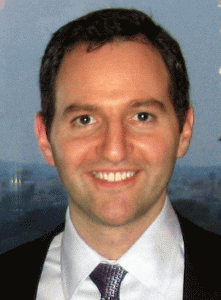
Adrian Weller is a Senior Research Associate in Machine Learning at the University of Cambridge. He is very interested in all issues related to intelligence (natural and artificial) and their applications, with primary research focus in inference in probabilistic graphical models. Dr Weller is an active angel investor and adviser, and previously held senior roles in investing and trading at Goldman Sachs, Salomon Brothers and Citadel. He received a PhD in computer science from Columbia and a first class degree in mathematics from Trinity College, Cambridge.
FLI would also like to extend a special thank you to Richard Mallah for his efforts to help the official NIPS organizers get this symposium set up.

Visit the official NIPS Symposium page for more details about the event.

About the Future of Life Institute
The Future of Life Institute (FLI) is a global think tank with a team of 20+ full-time staff operating across the US and Europe. FLI has been working to steer the development of transformative technologies towards benefitting life and away from extreme large-scale risks since its founding in 2014. Find out more about our mission or explore our work.
Related content
Other posts about Events, FLI projects

Paris AI Safety Breakfast #3: Yoshua Bengio
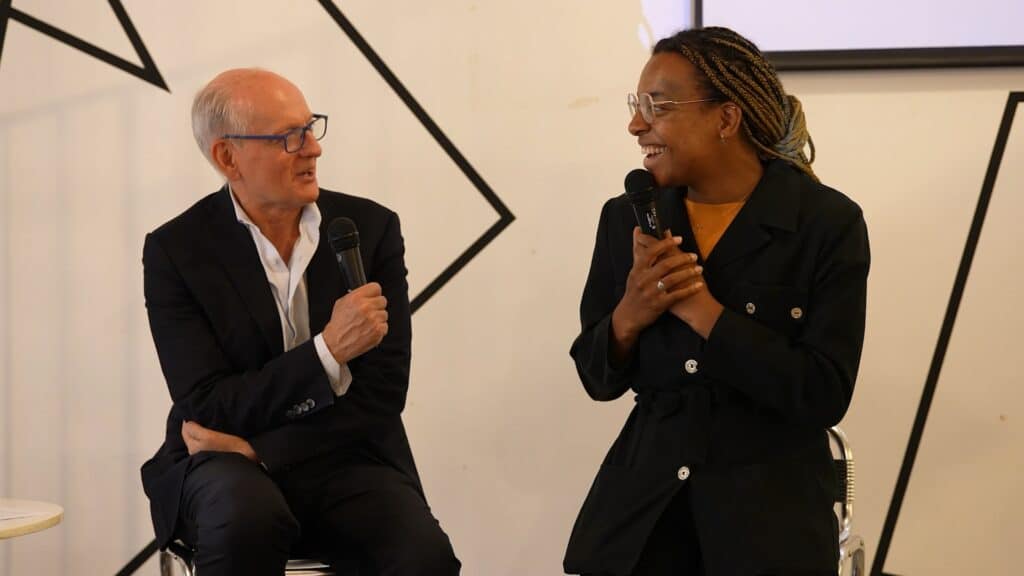
Paris AI Safety Breakfast #1: Stuart Russell
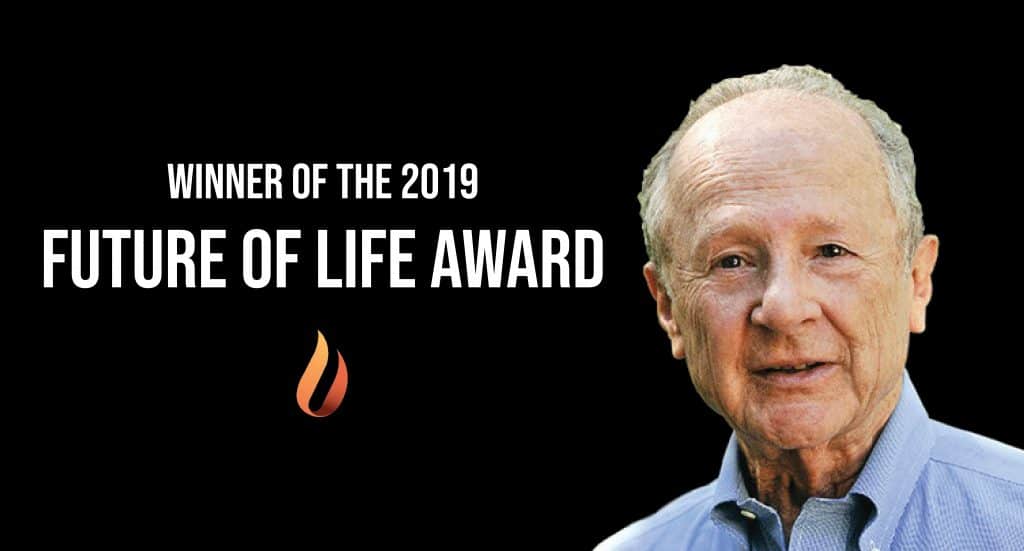
Dr. Matthew Meselson Wins 2019 Future of Life Award

AIS Program
Some of our events

Augmented Intelligence Summit
